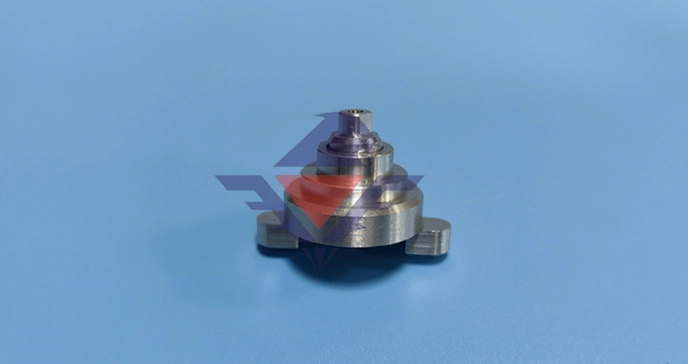
# Precision Swiss Screw Machining for Complex Components
## The Art of Swiss Screw Machining
Swiss screw machining represents the pinnacle of precision manufacturing for small, complex components. Originating in Switzerland’s watchmaking industry, this advanced machining technique has evolved to serve a wide range of industries requiring ultra-precise parts with tight tolerances.
## Why Choose Swiss Screw Machining?
Modern Swiss screw machines offer several distinct advantages for manufacturing complex components:
– Exceptional precision with tolerances as tight as ±0.0001 inches
– Ability to machine complex geometries in a single setup
– Superior surface finishes without secondary operations
– Efficient production of small, intricate parts
– Reduced material waste compared to conventional machining
## Applications Across Industries
Swiss screw machining serves critical needs in multiple sectors:
### Medical Device Manufacturing
The medical industry relies heavily on Swiss machining for surgical instruments, implants, and diagnostic equipment components that demand absolute precision and reliability.
### Aerospace Components
Aircraft and spacecraft systems require parts that can withstand extreme conditions while maintaining dimensional stability – making Swiss machining an ideal solution.
### Electronics and Connectors
Miniature connectors, pins, and electronic components benefit from the Swiss machine’s ability to produce small, intricate features with consistent accuracy.
## The Swiss Machining Process
Unlike conventional lathes, Swiss screw machines guide material through a guide bushing close to the cutting tools. This unique configuration provides exceptional stability and precision during machining operations. The process typically involves:
– Bar stock feeding through the guide bushing
– Multiple tool stations performing simultaneous operations
– Continuous support of the workpiece near the cutting area
– High-speed precision cutting with minimal vibration
## Material Capabilities
Swiss screw machines work with an extensive range of materials, including:
– Various grades of stainless steel
– Titanium and other exotic alloys
– Brass, copper, and bronze
– Plastics and engineered polymers
– Precious metals for specialized applications
## Quality Assurance in Swiss Machining
Reputable Swiss machining providers implement rigorous quality control measures:
– In-process inspection using advanced metrology equipment
– Statistical process control monitoring
– First-article inspection protocols
– Comprehensive documentation and traceability
– Validation testing for critical applications
## Choosing the Right Swiss Machining Partner
When selecting a Swiss screw machining provider, consider:
Keyword: Swiss Screw Machining
– Experience with your specific component requirements
– Available machine capabilities and technology
– Quality certifications and industry compliance
– Material expertise and finishing options
– Capacity for both prototyping and production runs
## The Future of Swiss Machining
As component designs become more complex and miniaturized, Swiss screw machining continues to evolve with:
– Advanced CNC controls for greater precision
– Integration of automation and robotics
– Improved tooling materials and coatings
– Enhanced monitoring and adaptive control systems
– Expanded capabilities for micromachining applications
For manufacturers requiring the highest levels of precision in small, complex components, Swiss screw machining remains an indispensable manufacturing solution that combines traditional craftsmanship with cutting-edge technology.
0 thoughts on “Precision Swiss Screw Machining for Complex Components”